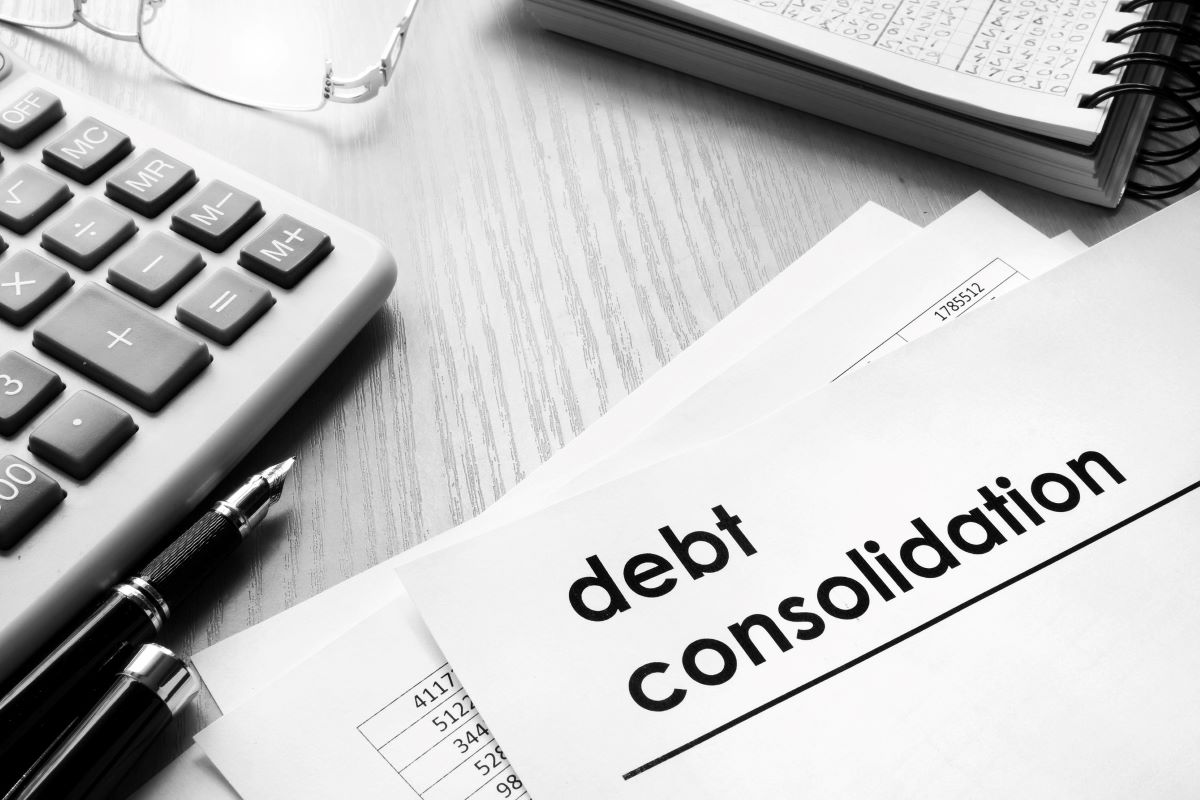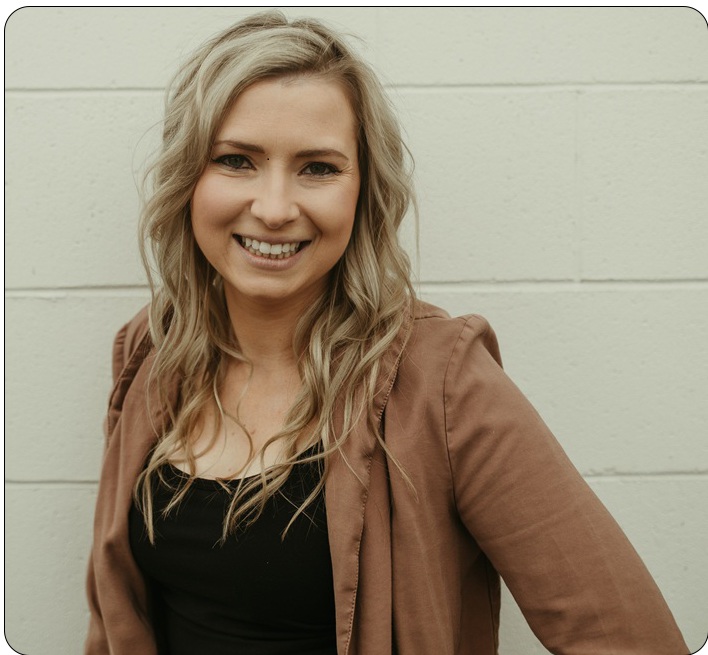Debt consolidation for bad credit. Can it be done?

Credit can be wonderful or a source of stress. It’s great to have credit when you need it, but it’s easy to take on more than you can manage. Before you know it, you’re missing payments on your credit cards or making only minimum payments. You might be late paying other bills as you juggle your money. Now your credit score is not as great as it was and you’re looking at consolidating your debt. Let’s explore your options.
Broker advice: when is consolidating debt worth it?
There are many benefits to consolidating debt:
- A single monthly debt payment often adds up to less than the multiple debt payments you were making, so you free up some of your budget.
- Most consolidation options charge less interest than credit cards, so more of your payment is going toward the amount you owe.
- You’ll have only one monthly payment to manage. When you have multiple payments to remember, you increase your chances for late payment.
- You may feel less stressed about your finances—the value of which should not be underestimated.
All these benefits will be short lived if, after a few months, you find yourself with more debt in addition to your consolidation payment. Before you consolidate your debt, it is so important to look at how you got into debt in the first place. Sometimes the reason is beyond your control, such as a job loss (and this is why it is so important to have an emergency fund). A large percentage of people simply spend more than they earn. Either way, make a budget and a plan as to which expenses you will cut. Once you’ve paid off your initial debt, you can direct that money toward other goals.
The Financial Consumer Agency of Canada and Practical Money Skills Canada websites provide information about financial literacy and managing budgets:
The Financial Consumer Agency of Canada
If you simply don’t earn enough to pay your necessary expenses and debt payments, consolidating your debt may not be the right option for you. If that describes your current situation, we recommend speaking with a debt counsellor about your options. Look for one that is a member of either Credit Counselling Canada or the Canadian Association of Credit Counselling Services. Below are some resources about debt counsellors.
Credit Counselling Society
Credit Canada
Consolidated Credit
Money Mentors
How do I consolidate my debt into one payment?
Debt consolidation is the process of bringing your smaller payments together under a single payment at a lower interest rate. There are several ways to do this including consolidation loans, lines of credit, and balance transfers to lower interest credit products.
An option that shouldn’t’ be overlooked is using the equity in your home to refinance your mortgage. The equity in your home is determined by subtracting the amount you owe from the value of the home. The value of your home is not necessarily the same as the amount you have paid on the mortgage because housing values fluctuate over time. If you have already paid off a significant portion of your mortgage, you might consider refinancing your mortgage with the new debt amount added or applying for a home equity loan (also called a second mortgage).
Is it a good idea to refinance my mortgage to pay debt?
Refinancing your mortgage to incorporate more debt is not as simple as asking for a bigger mortgage.
- You’ll need to qualify for the new mortgage amount.
- There may be fees involved in refinancing.
- If your mortgage loan increases too much, you may need to buy mortgage insurance.
- If you’re struggling to make your debt payments now, and you’ll still be struggling with this new mortgage, you’re putting your home at risk.
You will most likely increase the time it takes to pay off your mortgage which could impact retirement plans On the other hand, if you know you can make the payments, interest rates for mortgages are typically lower than other types of loans.
If you’re looking at refinancing to help you consolidate debt, talk to your mortgage broker about your options.
Can I refinance my mortgage if I have high debt ratios?
Your debt servicing ratio weighs your financial obligations against your income. If you have too much debt, you may not be able to find a lender willing to refinance your mortgage. In that case, you’ll need to look at other ways to manage your debt.
Mortgage brokers have access to a variety of lenders, including those that specialize in alternative lending. Alternative lenders can offer more flexibility when helping clients address debt.
How will consolidating debt affect my credit score?
If you do take out a new loan or refinance your mortgage, your credit score may take a hit in the short term because you have a new credit account. Over time, if you make your payments on schedule and you don’t acquire additional debt, your score should improve.
How can I fix my credit after consolidating debt?

There isn’t a quick fix for rebuilding your credit score. It takes time and the responsible management of your debt from this point forward. There are some important things you can do that will help.
Make your payments on time
According to the Financial Consumer Agency of Canada, paying your bills and debts on time, every time, is the single most important thing you can do to improve your credit.
Keep that credit card
You may be tempted to close all your credit card accounts after you consolidate debt. And you should close some of them, especially the newer accounts. But here’s why you should keep some open:
- To have a credit history you need to have a history of using credit. This means it’s better to hang on to your credit accounts that have a record of payment. Keep one or two of your oldest accounts open.
- It’s a good idea to have a mix of credit products on your credit report. Once you consolidate your credit, you’ll have both the loan or mortgage and the credit card.
- If you cancel all your credit cards now, and then find you need one later, you’ll need to apply, and that will lower your credit score.
If you think you’ll be tempted to use your credit card, don’t carry it with you. Make an occasional small purchase with the card to keep it active.
Be smart about using credit
Consolidating your debt doesn’t mean you need to stop using credit altogether, but it’s important to be thoughtful about how it affects your credit score.
- If you make a new purchase, try to pay the balance in full and on time. If you don’t have the money to do so, consider whether you really need to make that purchase.
- Try to keep the total amount you owe to less than 35% of the credit you have available. You may think that lowering your credit limits will help, but it’s a lot easier to carry a high percentage of debt on a card with a lower limit. For example, if you owe $1,000 on a credit card with a $2,000 credit limit, you’re using 50% of your available credit. If you borrowed the same amount on a card that had a $5,000 limit, you’re using only 20%. While you owe $1,000 in both cases, there is a perception that with the lower credit limit, you are closer to maxing out your card.
- You should also avoid applying for new credit. Even if you don’t use it, the act of applying will lower your credit score.
Your mortgage broker is invested in your financial health. If your mortgage is at risk because of debt, they can help you explore your options and guide you to appropriate resources.










